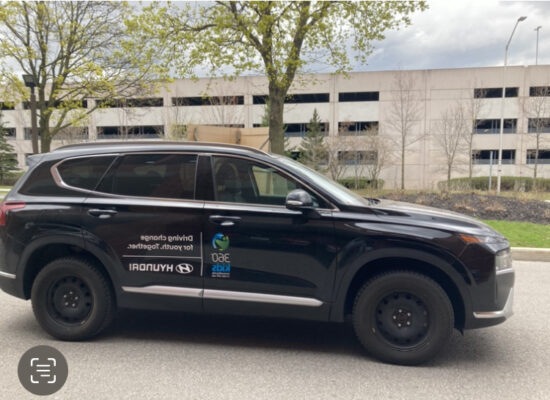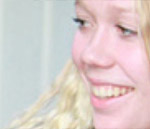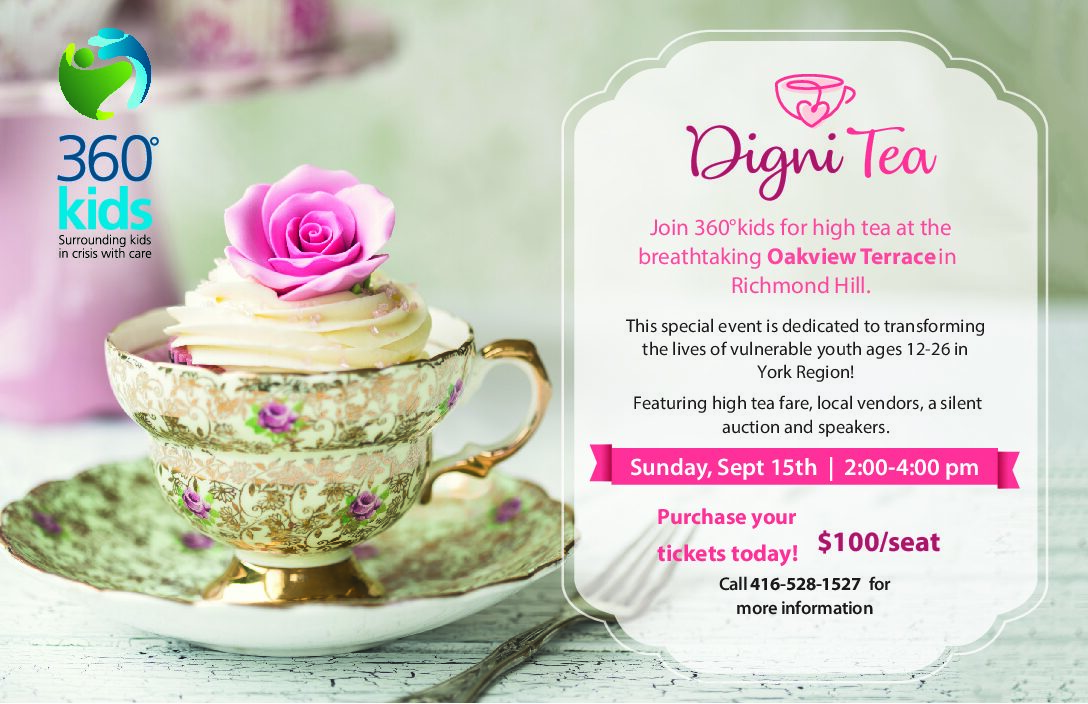Housing

The Family & Natural supports program strives to work with youth and their families and/or natural supports in order to strengthen relationships. Youth work alongside their respective FNS workers to identify systems of support and gain new tools for conflict management. Throughout the process the FNS team will utilize client specific case management plans to work towards a state of homeostasis in that young person’s life.
Goals
The goal is to ensure that by cultivating positive connections between youth and their family and natural supports we can begin to prevent any further youth from becoming homeless and entering into the emergency housing system in York Region. FNS Is part of a larger research project, this means that participants and their families will have the opportunity to engage in research interviews during the case management process, as well as afterwards.
Video on FNS at 360°kids
Eligibility
- Youth between the ages of 13 – 24
- At-risk of homelessness or currently experiencing homelessness
- Youth who would like to reconnect with a family or natural support person
- Youth may be in the contemplation stage of wanting to reconnect
- Youth who would like to strengthen or enhance existing relationships with family/natural support
Referral Process
Please complete the referral document below. Share as much detail as possible to allow staff the ability to have a clear understanding of the young person’s situation.
Staff from the Family and Natural Supports team will reach out in 48 hours.
For more information please contact:
Family and Natural Supports Team (FNS)
10415 Yonge Street – Suite C
Richmond Hill, ON. L4C 0Z3
647-522-8563 or 647-223-4957
RELATED INFORMATION:
Further Reading on the importance of FNS for youth – Canadian Observatory on Homelessness; A Way Home Canada; Making the Shift Youth Homelessness Demonstration Lab (MtS DEMs)
Nationwide Canadian Observatory on Homelessness: Panel Presentation of Family & Natural Supports
Strengthening Family and Natural Supports to Prevent Youth Homelessness
Read the BLOG










